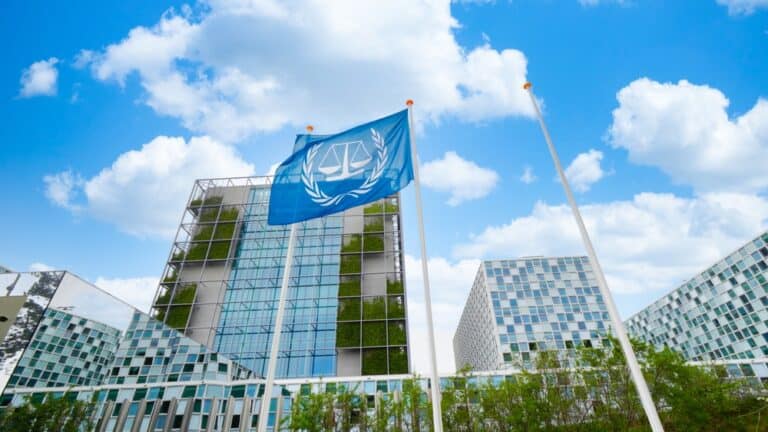The Dutch parliament wants clarification from the government about Microsoft’s blocking of the email address of the chief prosecutor of the International Criminal Court (ICC).
A week ago, the AP news agency reported that Microsoft had blocked the email address of the chief prosecutor of the International Criminal Court (ICC), forcing him to switch to Proton Mail. Microsoft confirmed to the Dutch website iBestuur on Tuesday that a sanctioned official had indeed been disconnected from Microsoft services, but did not provide any details on whether this concerned only a private email account.
Thanks to US sanctions, Chief Prosecutor Karim Khan does not have access to his emails. His bank accounts have also been frozen. Incidents like this show how vulnerable organizations can be when they depend on US IT services, as we described earlier:
Read also: Microsoft’s ICC blockade: digital dependence comes at a cost
Parliamentary questions about digital sovereignty
GroenLinks-PvdA Member of Parliament Kathmann wants State Secretary Szabó to clarify whether these sanctions jeopardize the independence and neutrality of other sectors that depend on US tech services. She specifically refers to vital infrastructure and all levels of government. She also asks questions about possible market dominance in the digital domain.
“Is it possible that Dutch citizens will also be denied access to their Microsoft accounts and bank accounts as a result of sanctions imposed by the Trump administration? What are you doing to prevent this?” Kathmann asks. She also wants to know how it is technically possible for Microsoft to deny access to digital services at the behest of the US president.
Risks for government organizations
CDA MPs Bontenbal, Krul, and Boswijk asked similar questions (as compiled by the Dutch site Security.NL) and emphasize the potential risks for government organizations. “Is it true that this measure means in practice that any government organization that uses US digital services could lose access to them at any time, without any form of checks and balances such as intervention by a court?” they ask Veldkamp and Szabó.
Agenda for digital sovereignty
The CDA MPs also ask what measures the cabinet is taking to increase the digital sovereignty of the Netherlands and the EU. They want to see a reduction in dependence on US digital services and request a concrete agenda that can be shared with the House.
Minister Veldkamp of Foreign Affairs and State Secretary Szabó for Digitalization have three weeks to respond to the questions from the members of parliament.
